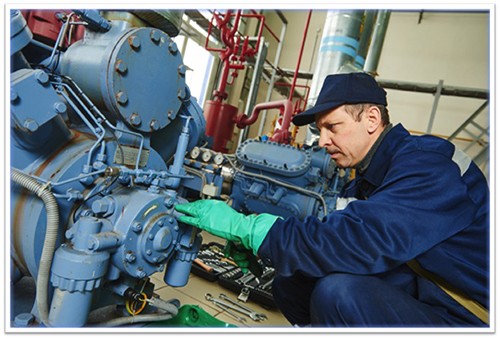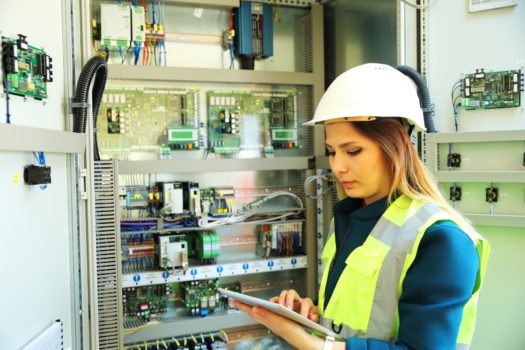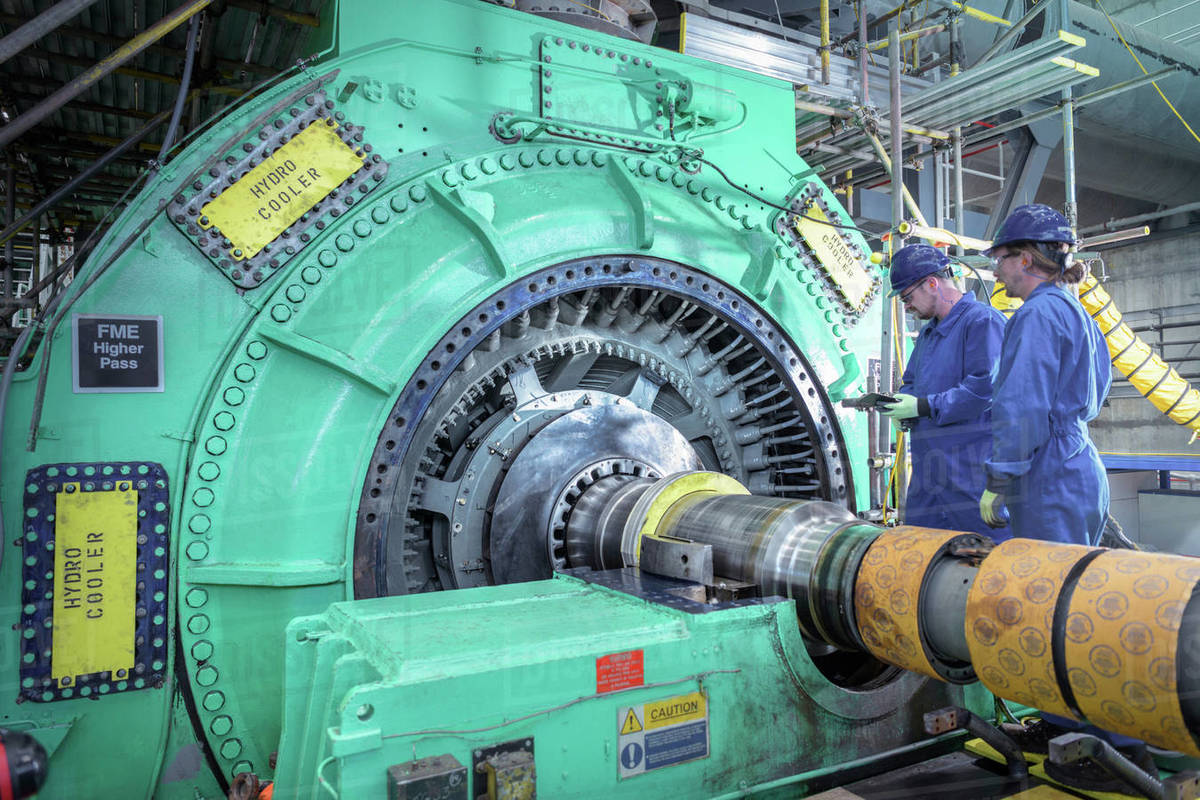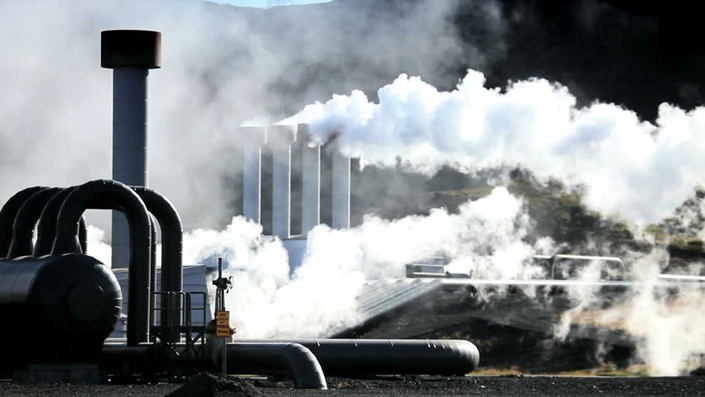

By the end of this course delegates will be able to:
Plant electrical and mechanical engineers, design engineers, project engineers, testing and commissioning engineers and technicians, maintenance technicians
The Basic Electrical Theory
Forms of Energy & Conversion
Engines for Power Generation-Liquid & Gaseous Fuels
Diesel Technology & Classifications
Basic Engine Design & Ratings
Fuel Oils Used & Fuel Handling System
Lube Oil System
Basics of AC Synchronous Generators & Essential Components
Protection of AC Synchronous Generators
Diesel Generating Sets
Other Components
Testing & Commissioning
Operation & Maintenance of Diesel Generating Plants
CDGA attendance certificate will be issued to all attendees completing a minimum of 80% of the total course duration.
| Code | Date | Venue | Fees | Register |
|---|---|---|---|---|
| EE105-02 | 24-05-2026 | Dubai | USD 5450 | |
| EE105-03 | 16-08-2026 | Amman | USD 5450 | |
| EE105-04 | 22-11-2026 | Manama | USD 5450 |

Power system protection is an essential component of all forms of electrical power systems. In practice, protective relaying is directly associated with security of supply, the reduction of damage to ...

The aim of this course is to provide engineers technician, and new entrants to the Power Generation and Oil & Gas sectors, the core skills to enable them to make an immediate impact within these essen ...

This comprehensive course is regarded as an essential course for those engineers and electricians involved with the operations and maintenance of Gas or Steam Turbine driven Generator systems. This co ...

This course provides an in-depth understanding of all the equipment and systems used in steam power plants, gas turbines, co-generation, combined cycle plants, wind farms, and solar power generating p ...
Providing services with a high quality that are satisfying the requirements
Appling the specifications and legalizations to ensure the quality of service.
Best utilization of resources for continually improving the business activities.
CDGA keen to selects highly technical instructors based on professional field experience
Since CDGA was established, it considered a training partner for world class oil & gas institution
3012, Block 3, 30 Euro Business Park, Little Island, Co. Cork, T45 V220, Ireland
Mon to Fri 09:00 AM to 06:00 PM
Contact Us anytime!
Request Info